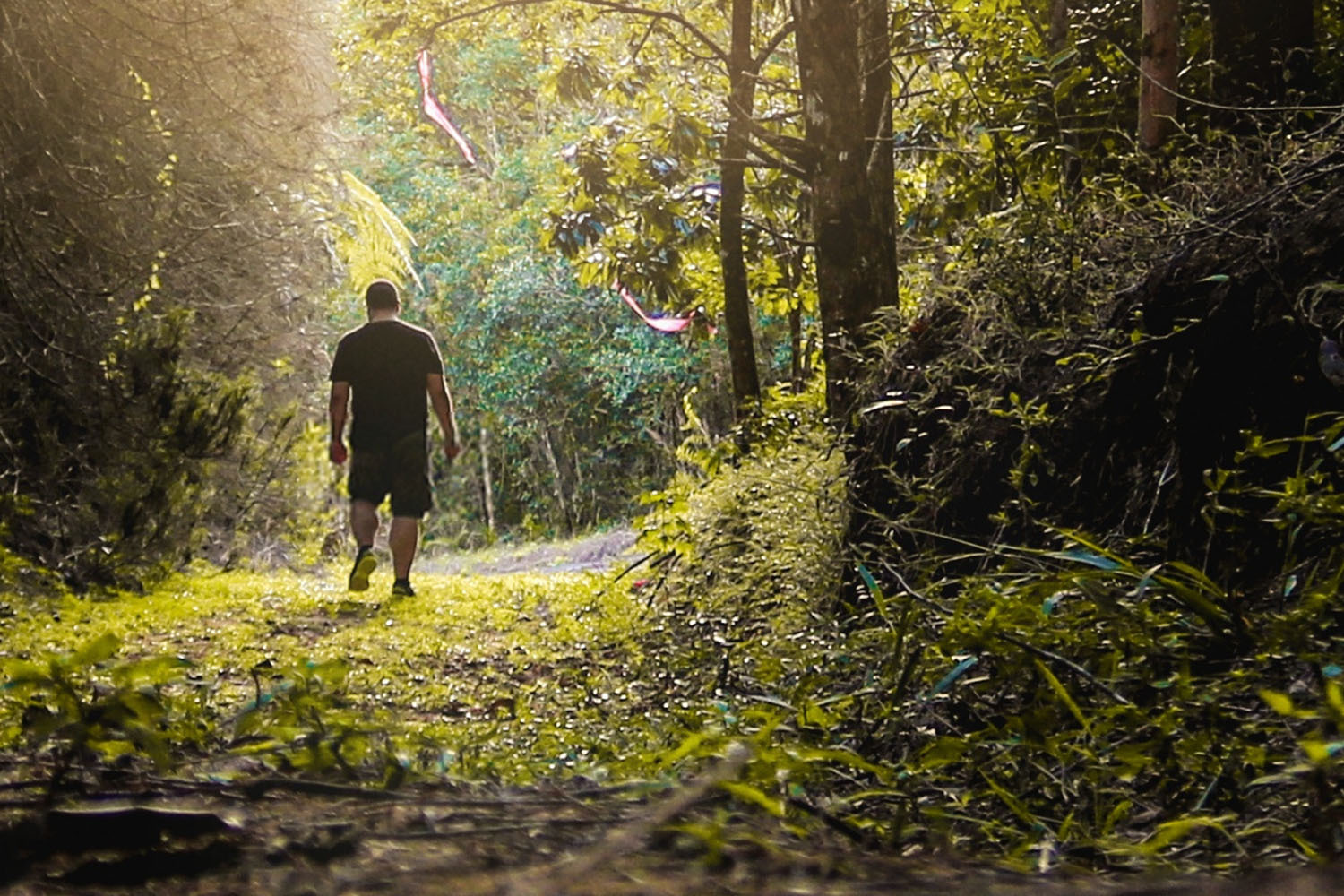A version of this story appeared in Wondercade, the weekly newsletter from Neil Patrick Harris produced in partnership with InsideHook Studios. You can sign up — for free — to receive it right here.
There’s a public pool near my home in Brooklyn, with strict rules on what you can and can’t bring on the pool deck. You need a lock to stash your stuff in the changing room, and it’s strongly recommended that you leave your phone at home. Check and check.
I was at the pool for a couple of hours the other day, and with no phone to command my attention, I noticed quite a lot — a lifeguard spraying his colleagues with a hose, kids playing a rogue game of Marco Polo (against the rules!), all sorts of bodies in all manner of swimsuits. (To the elderly gent in the teeny, tiny Speedo: good for you.) After a while, my thoughts turned inward, and I solved a problem I’d been thinking about for weeks.
The breakthrough called to mind a quote from Austin Kleon, a New York Times bestselling author with 5 books to his name: “Creative people need time to sit around and do nothing.”
Doing nothing can take many forms. It can be literal — like settling into a comfortable position and meditating. But it can also be adjacent — an activity that feels like doing nothing. A walk in nature or a long shower. Done right, nothingness is capable of inducing a constructive, trance-like state.
On the surface, this trance might share some similarities with time spent on your cell phone. Both seem to bend time, right? Both are largely aimless. But phones don’t activate our thought patterns, they muddle them. In fact, they are intentionally designed to be as addictive as possible and actually prevent us from thinking for ourselves. A research technician in the Department of Neurobiology at Harvard Medical School explained it like this: social media platforms “leverage the very same neural circuitry used by slot machines and cocaine to keep us using their products as much as possible.” I’ve been in a Vegas casino at 3 a.m. and thus have seen both things combined. And trust me, it ain’t pretty.
Boredom is a gift. But don’t just take my word for it…if you want incontrovertible scientific proof, then here’s a double-blind study for you. In short, neuroscientists agree that pursuing and appreciating boredom improves cognitive function, focus, self-control and creativity. And in an ironic twist, doing nothing motivates many to do something new. Counterintuitive and cool!
You don’t need to trudge through these studies to recognize the obvious: Taking a break from your phone is a boon for our beleaguered brains. It’ll feel unfamiliar at first, but that doesn’t mean it doesn’t feel good. (Neil note: mmmmm.)
This goes well beyond just cutting back on screen time, though. Remember those carefree summers of your childhood, like Neil recalled in his Note? Try to relive them. You were once pretty good at being bored. Play more, walk more, read more, explore more. And, of course, just sit and watch the world roll by more.
Boredom has gotten a bad rap for too long. But remember, there’s utility in mundanity, and always something to be gleaned while doing absolutely nothing. Next time you’re bored — it’ll happen sometime this August, promise — let it happen. Lean into it. You’ll be all the more creative for it.
In order to add some much-needed boredom to your life, here are 5 tips:
- Avoid Screens: Identify a period of your day where you don’t need your phone (for work, for staying in touch with your kids…). Stash it away somewhere, and don’t replace it by hopping back on the laptop, or firing up Netflix.
- Take a Walk: A consistent walking habit has short-term benefits (it drastically improves the digestion of your last meal) and long-term boons (it’s extremely common in communities with high rates of centenarians). Chart a trusty loop near your house, lace your shoes tight and go. Even better if you walk alone, so that your only conversation is with yourself.
- Embrace Behavioral Activation: This is fancy-speak for positive activities that necessitate presence of mind, but don’t demand deep concentration. Think…chores around the house. Doing laundry. Cooking or cleaning might normally feel like the bane of your existence, but they encourage your brain to focus on a clear and uncomplicated task with an obvious goal. Lock in and let your mind wander.
- Designate Space for Thinking: As in a physical space, not a stretch of time. The shower, a backyard, a park…anywhere where you can’t easily “opt out” of the quiet time.
- Slow Down: Sip your coffee. Sitting down, at a table. Without taking out your phone. Read a book. Stare out the window. When we rush through the day, we aren’t just trying to defeat a to-do list, we’re angling to defeat boredom itself. Embrace boredom, one moment at a time.
This article was featured in the InsideHook newsletter. Sign up now.
